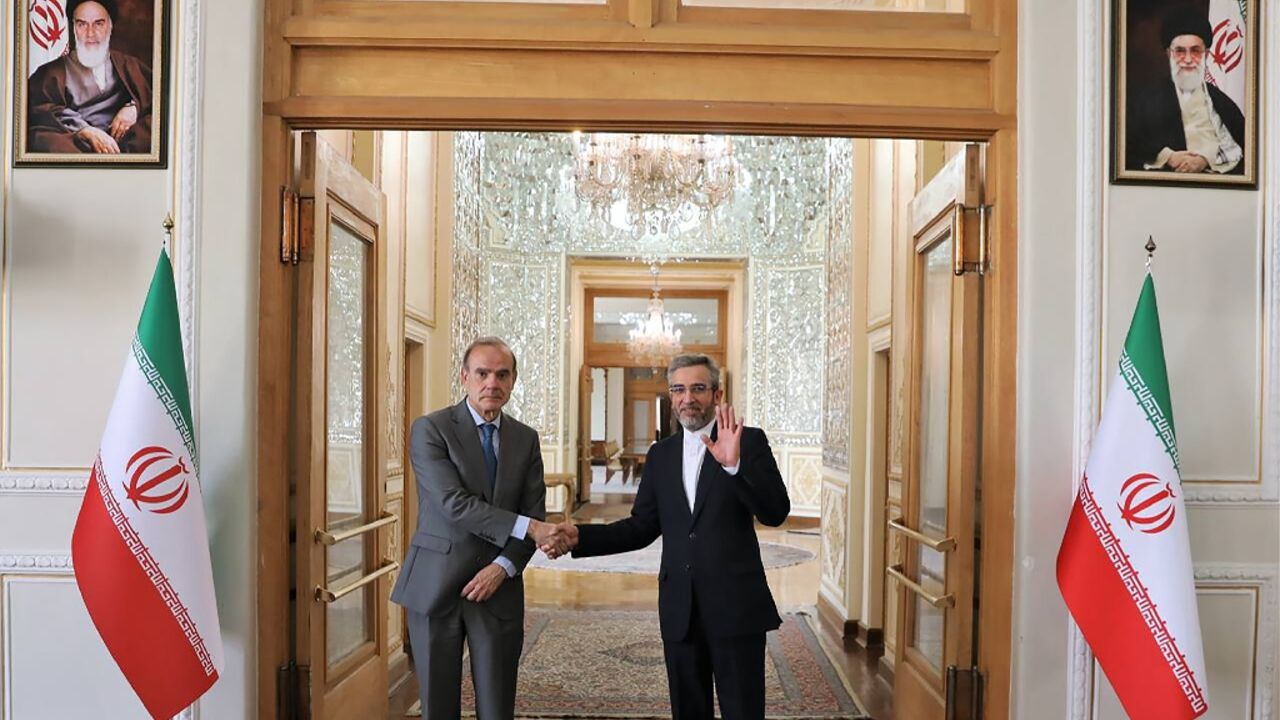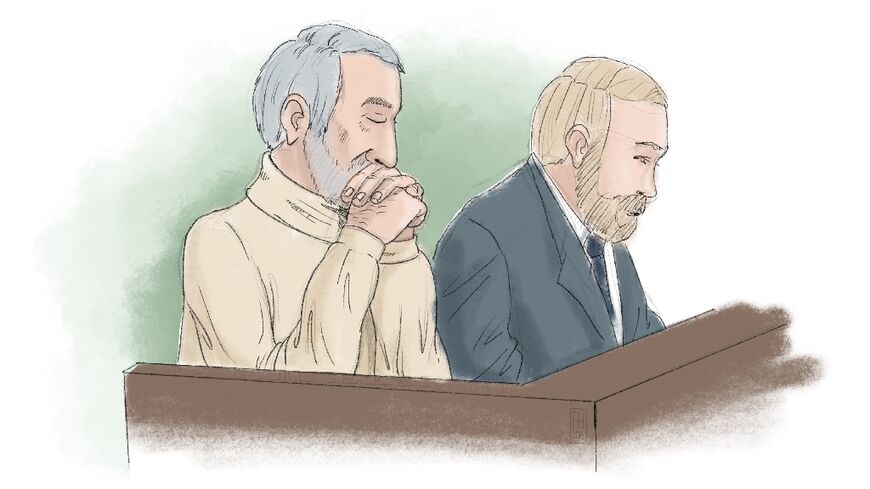EU calls on Tehran to free Swedish-Iranian sentenced to death

EU envoy Enrique Mora said Friday he called for the release on "humanitarian grounds" of an Iranian-Swedish academic on death row, during a mission to Tehran to help revive Iran's 2015 nuclear pact.
Mora, the European Union's coordinator for talks between Iran and major world powers to restore the deal, met Iran's chief nuclear negotiator Ali Bagheri, who is also deputy foreign minister, on Wednesday and Thursday, state media said.
Mora tweeted after his departure that he had raised the case of the academic, Ahmedreza Djalali.
"I want to underline that in Tehran I raised the need to stop execution of #AhmadrezaDjalali and asked for his release on humanitarian grounds," the EU deputy foreign policy chief wrote.
Djalali, who was based in Stockholm and worked at Karolinska Medical Institute, was arrested during a visit to Iran in April 2016.
He was sentenced to death in 2017 after being found guilty of passing information about two Iranian nuclear scientists to Israel's Mossad spy agency that had led to their assassinations.
Sweden granted Djalali citizenship while in detention in February 2018.
In March 2021, UN human rights experts called for his release, saying that he was "near death".
Early this month, Iran's ISNA news agency reported that the death sentence would be carried out by May 21.
The announcement coincided with the end of the trial in Sweden of Hamid Noury, a former official in Iran's judiciary, accused of war crimes for his role in the killing of prisoners in Iran during the 1980s.
Prosecutors have requested life imprisonment for Noury, and he is set to be sentenced in July.
Iran's foreign ministry has condemned the "illegal" arrest and trial of Noury, and called for his release.
The country's judiciary has ruled out any exchange between Noury and Djalali.
Soon after Noury's trial ended, Sweden announced that Iran had arrested one of its nationals.




